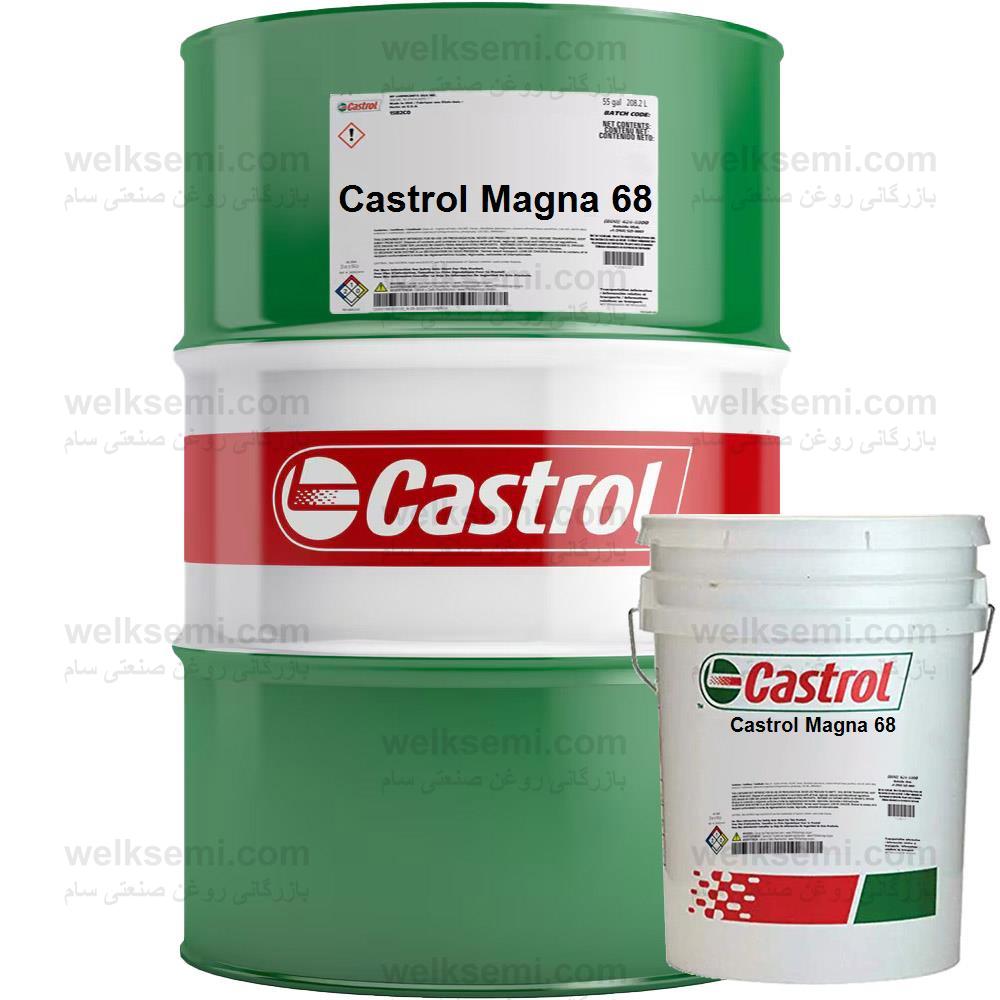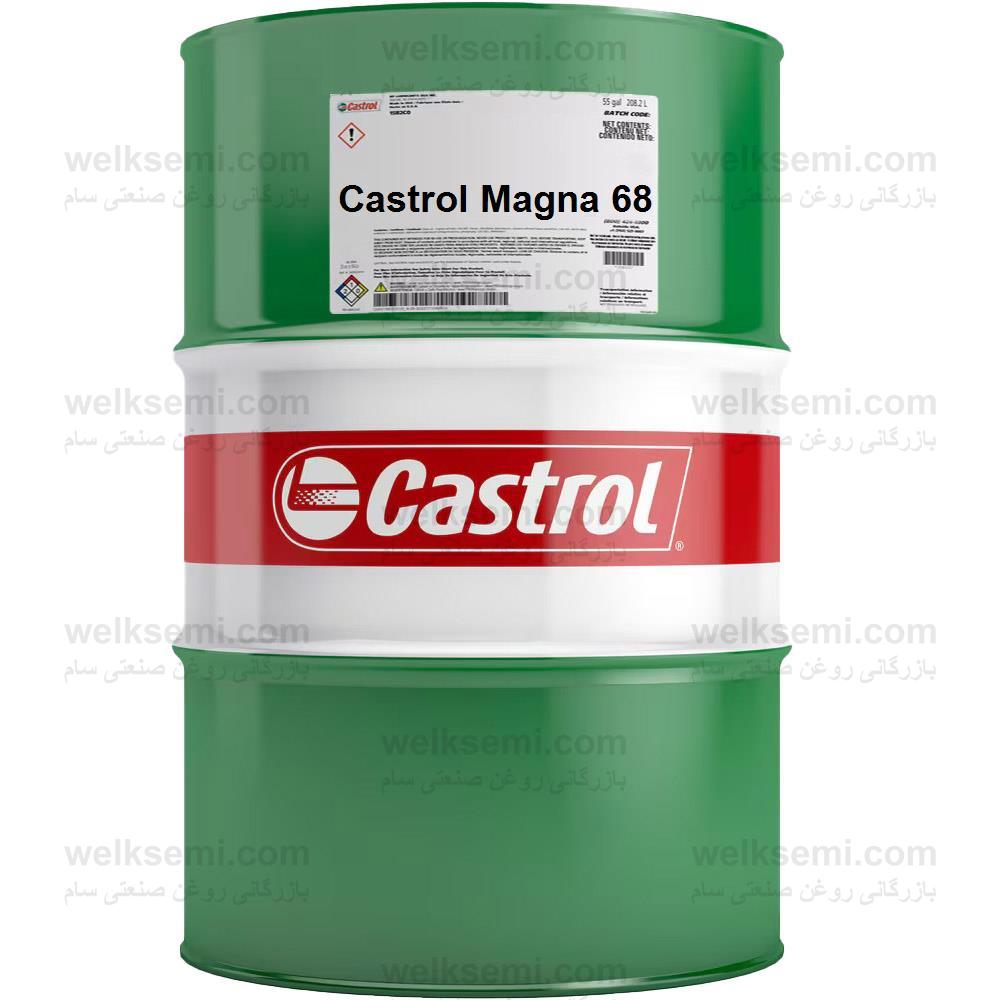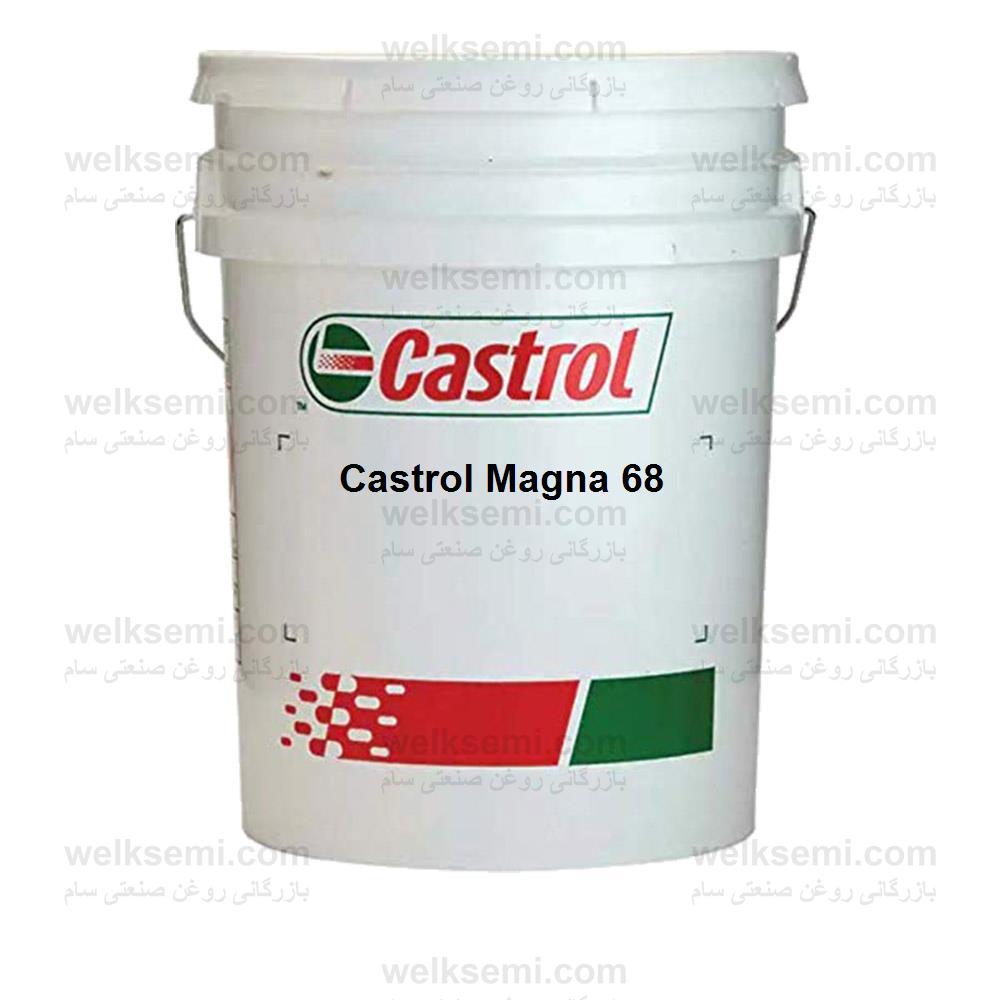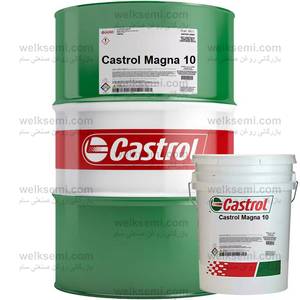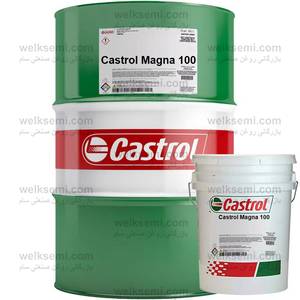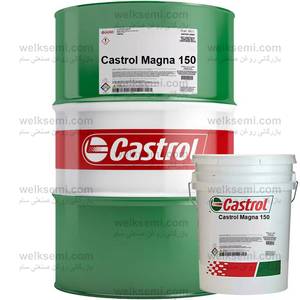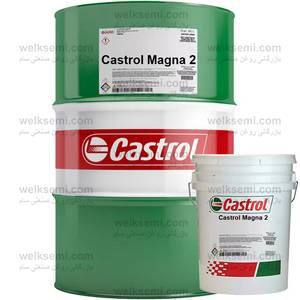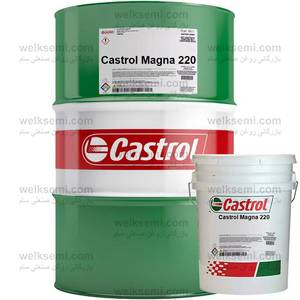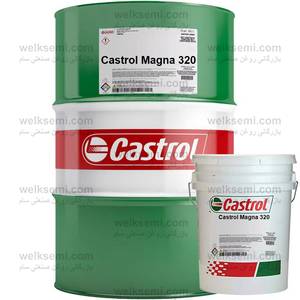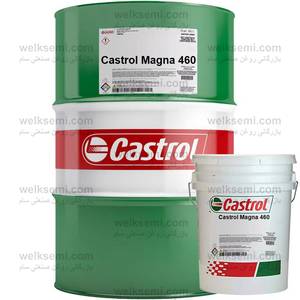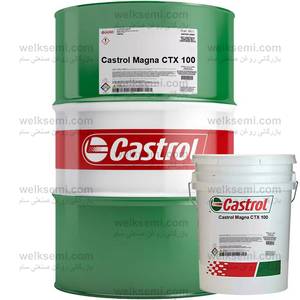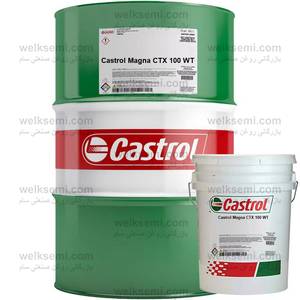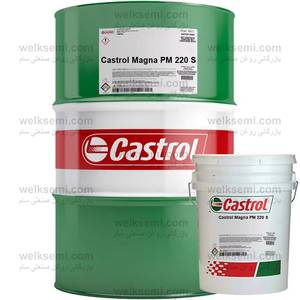Castrol Magna 68: An Overview
This product Castrol Magna 68 is a high-quality circulating oil designed for various industrial applications. Its formulations provide excellent lubrication properties, ensuring that machinery operates efficiently and has a longer service life.
Castrol Magna 68 is formulated to reduce wear and tear on moving parts, which is especially important in heavy machinery and equipment used in industries such as manufacturing and construction. The oil has superior thermal stability, which minimizes the risk of breakdown at high temperatures, making it ideal for applications where heat is a concern.
The oil's viscosity index is designed to provide effective performance over a wide temperature range, ensuring that it maintains its lubricating properties even in fluctuating operational conditions. Additionally, Castrol Magna 68 contains additives that enhance its performance, including anti-wear agents and rust inhibitors, which help to protect the equipment.
Castrol Magna 68: Benefits for Your Machinery
One of the key benefits of using Castrol Magna 68 is its ability to significantly reduce friction between moving parts. This results in lower energy consumption and enhanced efficiency in machinery operation. Furthermore, the anti-wear additives within the oil protect critical components from premature failure, extending the intervals between maintenance.
Machine downtime can be costly, and Castrol Magna 68 minimizes this risk by ensuring that your equipment runs smoothly. The oil also prevents oxidation and the formation of sludge, which can degrade lubricant performance and block filters. Users of Castrol Magna 68 can expect cleaner systems and reduced maintenance costs over time.
Additionally, Castrol Magna 68 is compatible with a variety of materials and seals used in different machinery, further enhancing its versatility in various applications. Its well-balanced performance characteristics make it suitable for both high-load and high-speed conditions.
How to Buy Castrol Magna 68
Purchasing Castrol Magna 68 is a straightforward process, and several options are available depending on your needs. You can buy it from authorized dealers, automotive supply stores, or online platforms. Ensure that you choose a reputable supplier to guarantee the quality and authenticity of the product.
When buying Castrol Magna 68, consider your required quantity, as it is available in different packaging sizes ranging from small containers to bulk orders. If your operations require regular replenishment of oil, bulk purchasing might be more economical.
Furthermore, check for any ongoing promotions or discounts when purchasing Castrol Magna 68. Some suppliers offer loyalty programs that can lead to further savings over time. Don't forget to assess the shipping options if buying online to ensure that the product arrives safely at your location.
Castrol Magna 68 Specifications
Castrol Magna 68 boasts a range of specific characteristics that make it an excellent choice for industrial lubrication. The oil's viscosity grade, as indicated by the number 68, suggests it has a proper balance of viscosity, suitable for a variety of ambient temperatures and operational conditions.
The oil's flash point is another critical specification, ensuring safety during use and storage. It is essential to understand the flash point for handling Castrol Magna 68 safely in industrial environments. The pour point is equally important, indicating the temperature at which the oil remains fluid enough for pumpability.
In addition to viscosity, Castrol Magna 68 includes exceptional anti-oxidation properties, corrosion inhibition, and foam control, which are essential for maintaining oil integrity under high stress and temperature conditions. The formulation also meets a prescribed set of industry standards, confirming its reliability and performance efficacy.
Technical Information About Castrol Magna 68
The technical data sheets for Castrol Magna 68 provide comprehensive insights into its formulation and performance characteristics. Detailed information such as viscosity index, density, and thermal stability are crucial for operators discerning the suitability of this oil for specific applications.
Castrol Magna 68 is engineered with a unique blend of base oils and additives, which results in improved performance under various loading conditions. Understanding the base oil composition is essential for predicting behavior under severe stress and operational challenges.
The oil's resistance to oxidation is significantly enhanced, minimizing the formation of harmful deposits that can impact the efficiency of machinery. In environments where heat generation is high, Castrol Magna 68 maintains its integrity, ensuring consistent product performance over time.
Applications of Castrol Magna 68
Castrol Magna 68 is widely used across various sectors due to its versatile performance qualities. It is primarily utilized in hydraulic systems, gear boxes, and circulating oil systems where reliable and efficient lubrication is necessary. The oil's formulation is designed to cater to high-load and high-speed applications with ease.
Industrially, Castrol Magna 68 finds applications not just in manufacturing but also in construction and agricultural machinery, where heavy-duty performance is crucial. Additionally, it can be employed in marine applications where equipment is subjected to harsh conditions, proving its resilience and robustness.
Another critical application for Castrol Magna 68 is in compressor lubrication, where maintaining consistent performance under varying conditions is essential for ensuring operational efficiency and longevity of the equipment. Its adaptability across sectors makes it a popular choice among engineers and maintenance professionals.
Castrol Magna 68: User Guidelines
Effective use of Castrol Magna 68 requires adherence to specific guidelines to achieve the best results. It is recommended to consult the machinery manufacturer's specifications to determine the appropriate oil viscosity grade to use. For Castrol Magna 68, always ensure compatibility with equipment seals and materials.
Regular oil analysis can help in monitoring the oil's condition, enabling timely changes and ensuring continued optimal performance. Operators are advised to maintain cleanliness during the oil transfer process to prevent contamination which could lead to performance issues in the long term.
Understanding the optimal operating temperatures and pressure limits while using Castrol Magna 68 will prevent adverse effects and promote equipment longevity. Following the manufacturer's guidelines for renewal intervals will also ensure that the machinery operates effectively and safely.
Castrol Magna 68 Environmental Considerations
When using Castrol Magna 68, it is important to consider environmental impacts. The oil should be handled and disposed of according to local regulations to minimize the risk of contamination. Proper storage conditions are essential for preserving the oil's quality and preventing leakage or spillage.
Users are encouraged to implement procedures for waste oil management, ensuring that used Castrol Magna 68 is collected and disposed of properly. Recycling programs are available in many regions that allow for oil recovery and refurbishment.
Awareness of the ecological footprint of lubricant products leads to better practices and promotes sustainability within industrial operations. Adopting responsible usage and disposal methods helps protect the environment while maximizing the benefits of Castrol Magna 68.
Frequently Asked Questions About Castrol Magna 68
Users often have queries regarding the practical aspects of using Castrol Magna 68. Common questions include its compatibility with other lubricants and what actions to take if there is a product contamination. It is recommended to avoid mixing different oils as it may adversely affect performance.
For those who may be considering Castrol Magna 68 for the first time, understanding its applications is critical, as different industries may have varying requirements. Customers frequently inquire about the oil's shelf life and appropriate storage conditions to maintain optimal quality.
Other frequent FAQs involve the oil change intervals and how often to perform maintenance checks, which can vary based on equipment and operational demands. Users are advised to conduct regular checks and follow a maintenance schedule aligned with the specific equipment guidelines.
